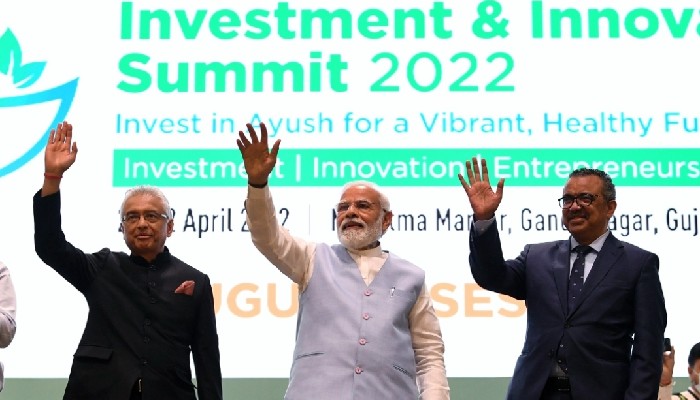Swachh Bharat campaigns played an important role in taking the ‘Clean India’ mission near its goal
Prime Minister Narendra Modi’s ‘Swachh Bharat’ mission has been successful in increasing the coverage of safely managed toilets and led to a decline in open defecation among rural households.
A significant reduction in open defecation is observed among households that already had toilets, however, the effect was less pronounced among households without toilets, which were also the primary targets of the program, revealed a research report by the World Bank.
In the first rigorous impact evaluations of Modi government’s flagship sanitation program, the Swachh Bharat Mission–Gramin, it was also found out that the potential impact of the program on toilet construction and open defecation is likely to increase over time as many other households were still in the process of being habituated to toilets or seeing their toilets being constructed.
Campaigns too played an important role in taking the Clean India mission near its goal. Gram Panchayats with intensive follow-up campaigns achieved a significant reduction in open defecation even among households without access to toilets and also had a relatively larger impact on expanding the coverage of safely managed facilities as well as access, the study further revealed.
The World Bank’s study used a multiple-arm, cluster randomised control design to assess the short-run effects of the program as implanted in rural Punjab, India on the construction of toilets, the practice of open defecation, and residents’ hygiene-related awareness and practices.
In an interesting finding, it also said that the government’s program had a positive impact on raising awareness of the importance of handwashing among adults and school-going children, where the program’s impact on raising awareness of handwashing among adults appears to be strongest among households with access to toilets.
Courtesy: Financial Express
 Contact Us
Contact Us  Subscribe Us
Subscribe Us









 Contact Us
Contact Us
 Subscribe
Subscribe
 News Letter
News Letter

